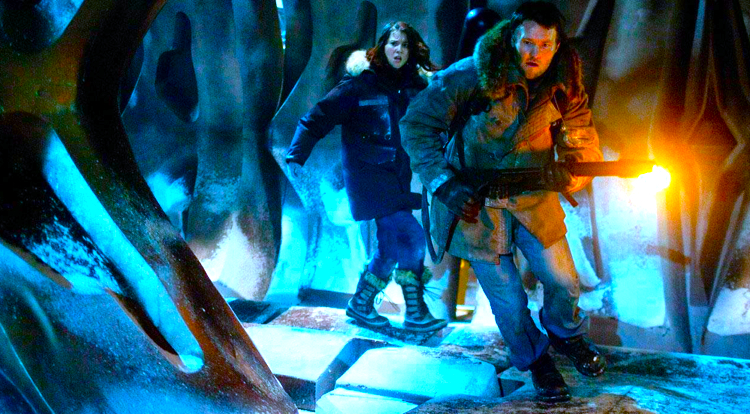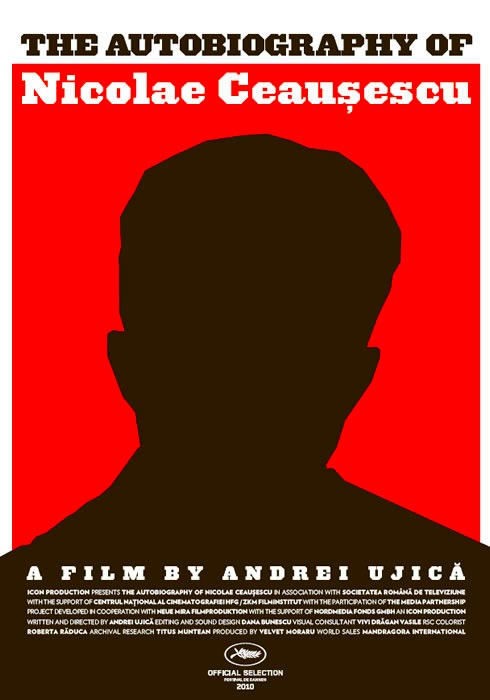
By Jason Apuzzo. The Social Network took top honors at the box office over the weekend. I saw the film on Friday, and although I found it interesting the film was also curiously unmoving and somewhat clinical. Essentially it felt like a gossipy Vanity Fair article rather than a movie. Silicon Valley is apparently reacting to the film badly, believing that Hollywood doesn’t really understand them at all. They’re right. Basically, screenwriter Aaron Sorkin and director David Fincher don’t really know what to do with Mark Zuckerberg in this film other than to slap the usual geeky-Jewish-nerd template over him, and assume that his prime motivations for creating Facebook were: girls and money.
A motivation they seem completely incapable of understanding is: innovation.
And this, ultimately, is why the movie fails as a depiction of Silicon Valley culture. In an industry based on sequels, remakes and franchise properties, I’m sure it must be difficult for Hollywood people to grasp what makes the Silicon Valley guys and girls tick: a desire to innovate, to create technologies no one has ever dreamed-of before, to push the boundaries of science and industry. This is not what Hollywood has any interest in any more, to say the least. But a spirit of innovation is what makes people like Steve Jobs tick. Or filmmakers like George Lucas, or the Pixar guys, or Francis Coppola – all of whom decamped for the Bay Area decades ago, for reasons few people in Hollywood (whether liberal or conservative) seem capable of understanding.

Oh and incidentally, as of this month Steve Jobs’ Apple may currently be replacing Exxon as the most valuable company in the world, in terms of market capitalization. That’s another development the Hollywood guys probably don’t understand at all.
A fun little footnote here. Some years back when I was a graduate student at Stanford (I was studying lit), I had a buddy in the computer science department there. We would occasionally hang out at the computer lab late at night and shoot the breeze. Often there would also be these two other guys there, huddled off in a corner working on something. They always seemed busy, and intense – my buddy and I always wondered what they were working on.
I never gave those guys much thought until years later when I saw their pictures, and realized that those two dudes in the lab were … Sergey Brin and Larry Page.
And what warm, wonderful guys they were! 😉
• First it was MGM bankruptcy, then losing Guillermo del Toro, then labor troubles, and now a fire has burned down a crucial workshop in New Zealand that was to be used for production on Peter Jackson’s already-troubled Hobbit adaptation. Plus: word is now leaking that the 2 Hobbit films may be shot in 3D, at a cost potentially as high as $500 million. Is there really that much juice in this series? I sure hope so, for Jackson’s sake (and MGM’s).
• I was very sorry to read that one of my favorite directors, John McTiernan (Predator, Die Hard, The Hunt for Red October, Die Hard: With a Vengeance), just got sentenced to one year in prison for his role in the Anthony Pellicano wiretapping scandal. It could’ve been worse, though: he could’ve been forced to direct a Green Hornet sequel.

• Hugh Hefner’s life may be getting a BBC miniseries treatment, and Brett Ratner may be reviving the Beverly Hills Cop franchise, sans Eddie Murphy. Why do those two stories seem related? It must have something to do with bringing things back from near-death.
• Mary Jane is apparently going to be played by Emma Stone in the Spider-Man reboot. No surprises there. And you’ve probably already heard by now that Wonder Woman will be coming back to television, in a new series to be written and produced by David E. Kelley. Few details are available about what’s planned for this reboot, so we’ll be keeping an eye out …
• On the Sci-Fi/Alien Invasion front, Olivia Wilde of Tron and Cowboys and Aliens (and ACLU ads) has now been cast in (the project formerly known as)I.m. mortal. Plus, check out this interesting set visit to the forthcoming The Thing prequel/remake/reboot (see the picture above); Matt Reeves talks about Super 8 and also the potential of a Cloverfield 2; and Mad Men’s January Jones may be doing a lingerie scene for X-Men: First Class, so that’s a plus.
• AND IN TODAY’S MOST IMPORTANT NEWS … did you know that somebody did a prequel to Death Race, called Death Race 2: The Beginning … with Danny Trejo and Sean Bean? Neither did I, but apparently it’s going straight to DVD – and it also stars South African model Tanit Phoenix, who as a brunette might be a great candidate to play the new Wonder Woman on TV. Judge for yourself …
And that’s what’s happening today in the wonderful world of Hollywood.
Posted on October 4th, 2010 at 1:08pm.
